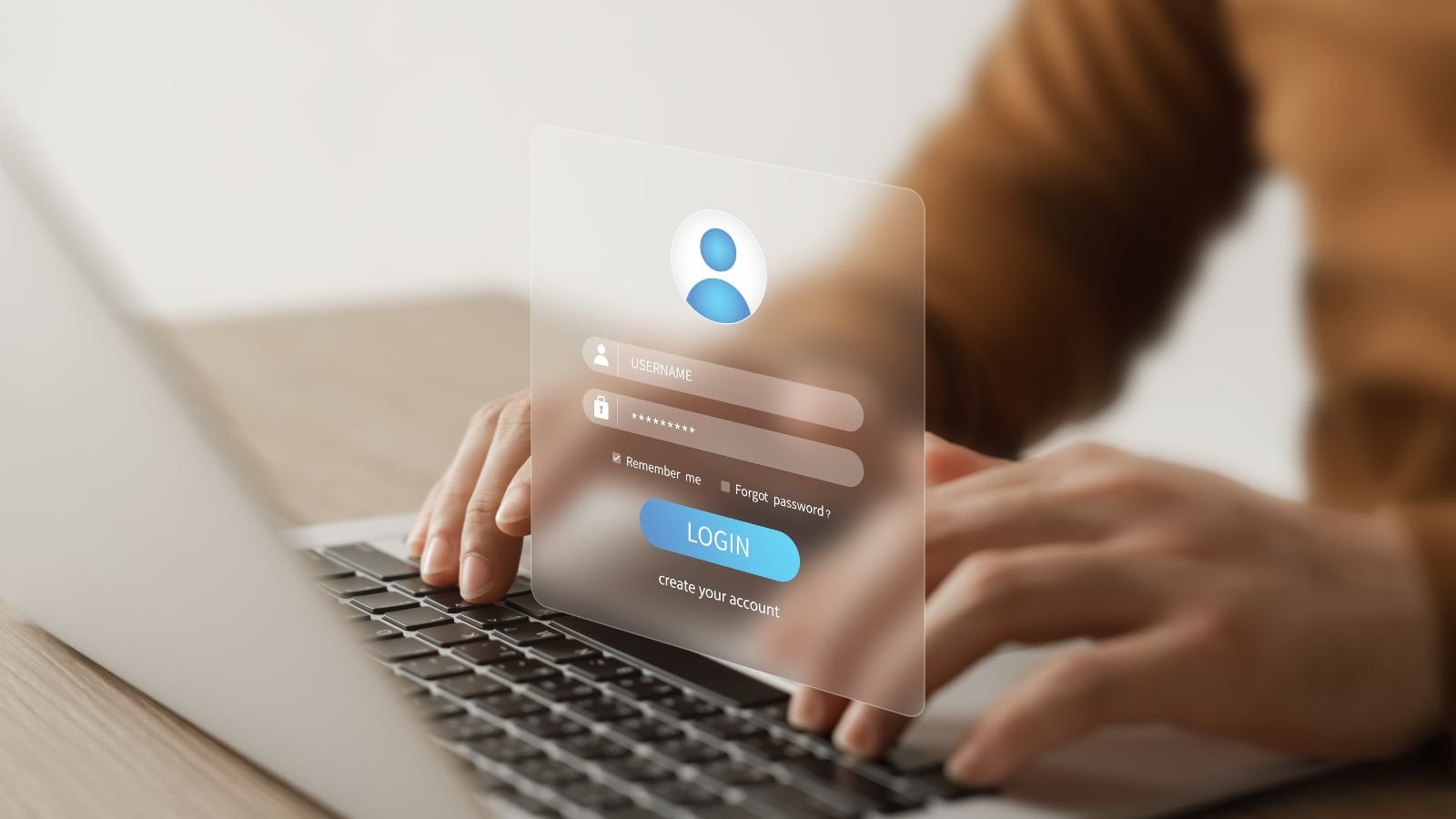In today’s digital world, we all rely on PINs to keep our financial accounts, phones, and even homes safe. Yet, we make ourselves easy targets to hackers by unknowingly making simple mistakes when choosing our PINs. According to DataGenetics, hackers can correctly guess more than 25% of PIN codes within 20 tries. In this article, we will delve into the most common PIN mistakes people make – those easily guessed combinations that put our personal information at risk.
0000 – Nothing But A Trap

The all-zero PIN, “0000,” is nothing but a trap. Please don’t fall for its simplicity; it’s a favorite among hackers. It’s the default fallback for many devices and systems. When you choose “0000,” you’re essentially handing cybercriminals a golden ticket. To improve the security of your devices, opt for something less predictable.
1234 – A Hacker’s Dream

The seemingly harmless sequence “1234” is a hacker’s dream. It’s the default choice for many, offering convenience but little protection. Unfortunately, this predictable PIN opens the door wide for unauthorized access. According to a recent cybersecurity study by Information is Beautiful, this PIN is one of the 20 most common pins used. Break free from the mundane and choose a unique combination to safeguard your accounts. Your digital security deserves better than a numerical countdown.
Using Birthdays/Anniversaries As Pins

Don’t be a sentimental fool. Using birthdays, anniversaries, and other personal dates as PINs is like putting your social security number on a neon sign. These easily guessed numbers are an open invitation to hackers. Keep your celebrations separate from your security. Choose a strong, random PIN to keep those scammers out in the cold.
Choosing Convenience Over Security

Many people choose PINs that are easy to remember, like ‘2580’, which conveniently runs down the center of the keypad. Unfortunately, this convenience makes it one of the most predictable and easy for attackers to guess. Opting for a less obvious PIN combination is essential to keep your bank accounts or phone secure.
Predictable sequences

Hackers love predictable PINs. Common mistakes include using repetitive sequences like 1234, 4321, 1111, 7777, or 5678. These numbers are easy to guess and are among the 20 most commonly used PINs. So resist the urge for convenience and choose a different combination.
Using Your Address Digits

Using your address digits in your PIN is like leaving your spare key under the doormat. If someone gains access to your address, your PIN becomes vulnerable. Even house numbers are risky. For maximum security, choose a combination that keeps your personal information and your accounts safe.
Double Trouble

Don’t let your PIN be a twin act. Matching pairs like 2020, 5050, or 6969 are a hacker’s dream. Fortify your security with a unique PIN – a mix of digits that keeps your information safe and out of the wrong hands.
Using The Same Pin

Reusing the same PIN for multiple accounts is a big security no-no. Hackers who crack one PIN can easily access all your other accounts. Think of PINs like keys – wouldn’t you use different keys for your house, car, and mailbox? A YouGov survey shows a significant portion (28%) of U.S. adults prioritize convenience over security by using the same password for different accounts. Create unique, strong PINs for each account to keep your information secure.
Getting Stuck In A Rut

Just like changing the locks on your house, updating your PINs is crucial. Don’t get stuck using the same code for years. Security threats evolve, so should your PINs. Regularly changing them to new, unpredictable combinations adds an extra layer of defense against hackers.
Writing Down Your Pin

Writing your PIN on a sticky note or storing it on your phone is like leaving a treasure map for hackers. If someone finds it, your accounts are wide open. Memorize your PIN or use a secure password manager to keep it safe. Strong security starts with keeping your PIN private and out of the wrong hands.
Tweaking Trouble

Don’t think you’re being clever by simply changing one digit in your old PIN. Hackers often try variations of common PINs, and a one-digit shift is an easy guess. Ditch the predictability altogether and create an entirely new PIN for maximum security.
Ditch The Love Note

Don’t let love lead you astray. PINs like 5683 (spelling LOVE on the keypad) are tempting for their sentimentality, but hackers know this trick too. These predictable letter-number combos are easy to crack. Keep your accounts secure and your love for cheesy phone mnemonics separate.
Using History Hacks

Avoid using famous dates like 1776 or 1492 when selecting a phone PIN. While they may seem clever, hackers can easily guess these well-known numbers, leaving your phone and data vulnerable. For better security, opt for a mix of digits that aren’t connected to historical details.
Keeping Bluetooth On At All Times

While Bluetooth is convenient, keeping it on continually exposes your phone to potential security threats if someone is nearby. To be safe, turn Bluetooth off when not in use. You can do this easily in Settings or through the Control Center.
Not Using A Password Manager

Creating secure and unique passwords for every online account is a daunting task. Reusing the same password across sites is risky because hackers can access all your accounts if they crack one password. Password managers offer a solution. These apps generate strong, random passwords and store them securely encrypted. You can access all your unique passwords with one master password, eliminating the burden of remembering them all.
